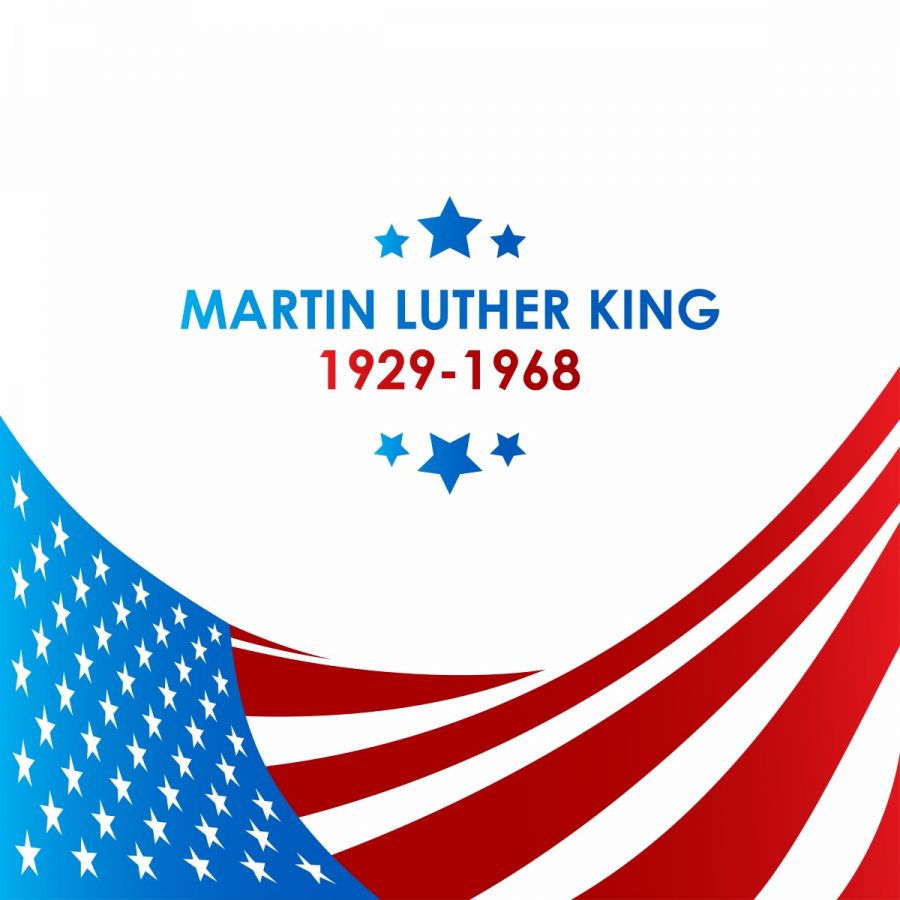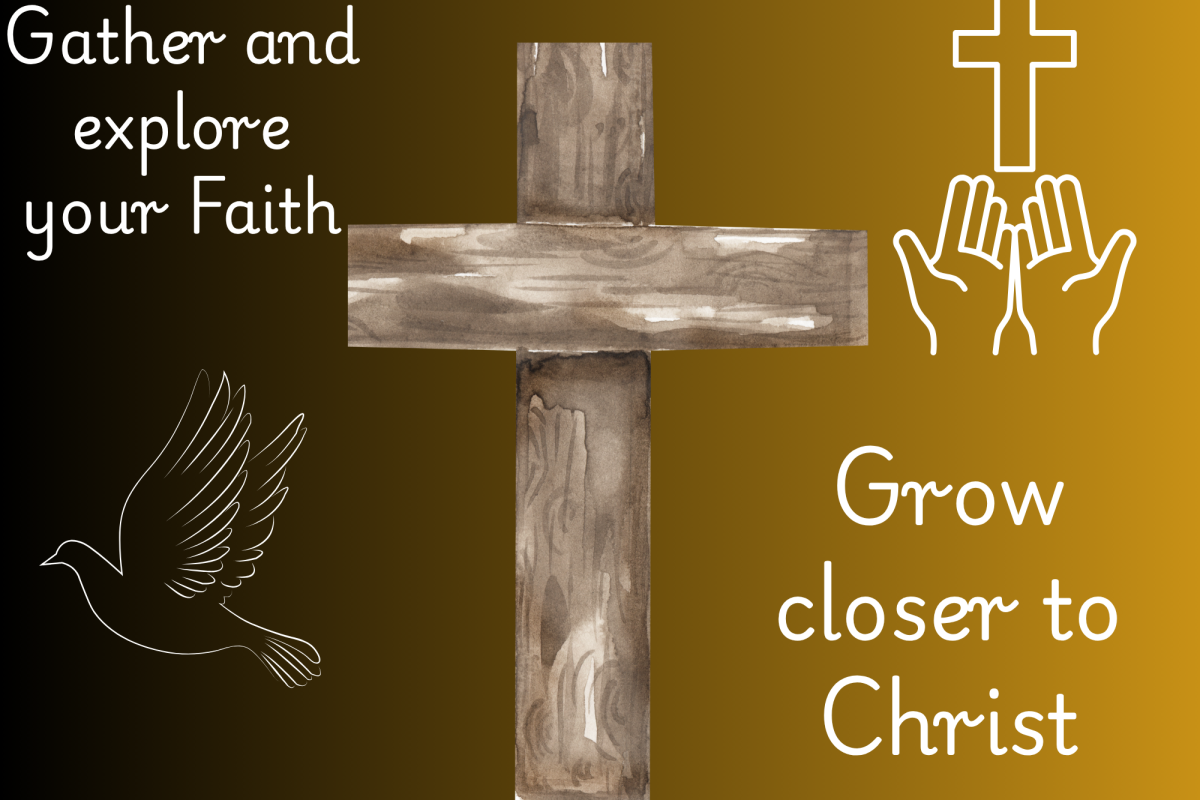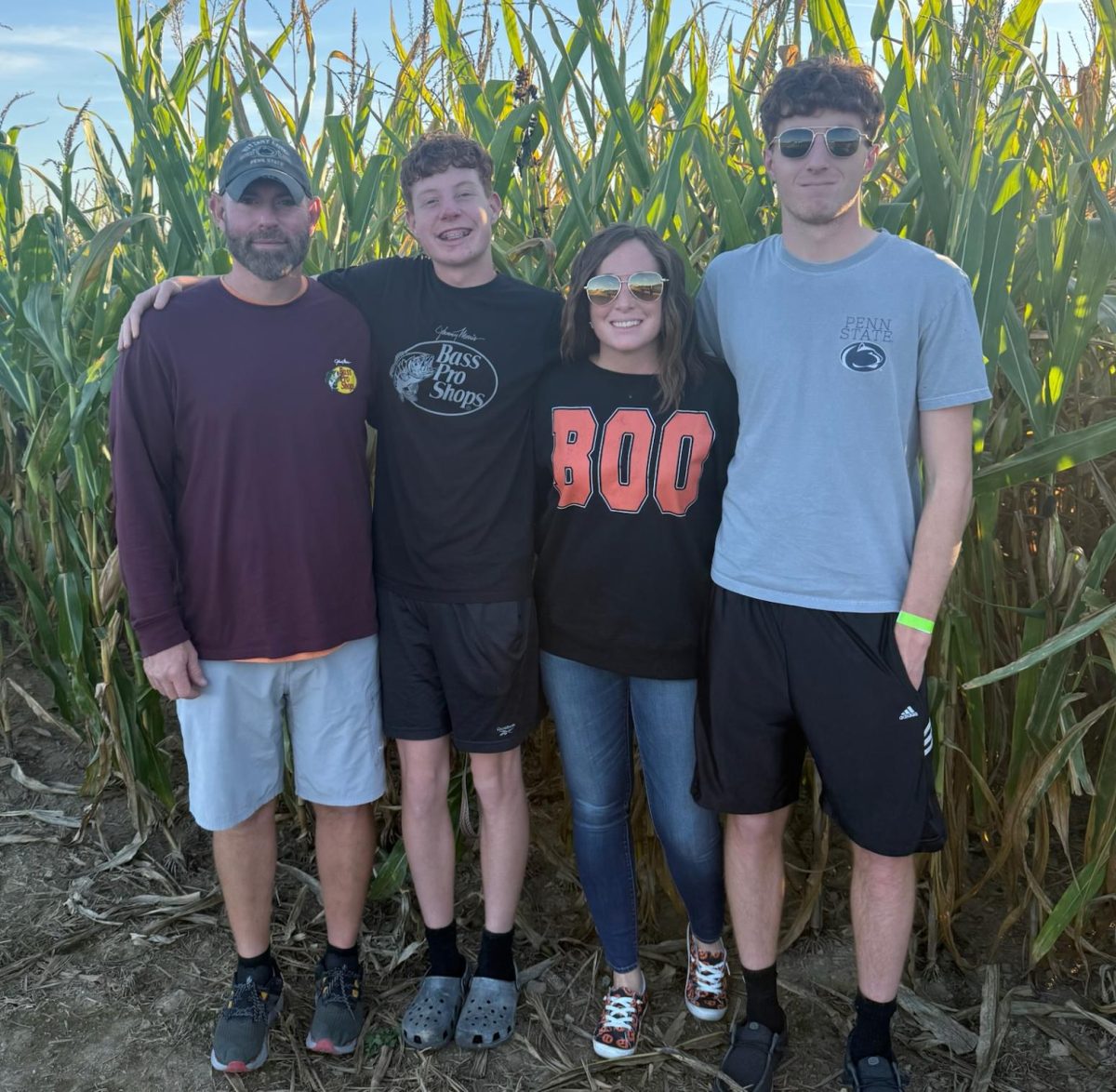Martin Luther King Jr. Day is a federal holiday that takes place on the third Monday of January every year. This holiday was designed to honor a civil rights hero: a hero whose accomplishments continue to inspire Americans both young and old.
Martin Luther King Jr. was born on January 15, 1929, in Atlanta, Georgia. His original name was Michael King Jr. King, and he was born into a middle-class family. Both his father and grandfather were Baptist preachers. When he was young, he started to experience the racial prejudices that occurred in the south. Children that were his friends started to attend segregated schools. Before attending college at the age of 15 at Morehouse College in Atlanta, King spent the summer working at a tobacco farm in Connecticut. It was there when he noticed that people of different races attended the same churches and schools. There was less discrimination in the northern part of the country.
King decided to follow in his father’s footsteps and became a minister. He was the pastor of the Dexter Avenue Baptist Church in Montgomery, Alabama when a small group of civil rights advocates decided to fight against racial segregation on the city’s public bus system. King was chosen to lead the system’s boycott. More than a year later, the buses were desegregated. After succeeding in his mission, he formed the Southern Christian Leadership Conference. He began to hold lectures discussing race-related issues in all parts of the country.
In 1960, he moved back home to Atlanta. Throughout the next five years, he continued on with his fight for equality. He used television to educate people on civil rights nationally. He grew support from many African Americans and liberal whites in all parts of the country. He also faced some failures in his movement for solving the country’s racial problems. On August 28, 1963, King joined other civil rights activists during the March on Washington. It was there where he gave his famous ”I Have a Dream” speech. The Civil Rights Act of 1964 was passed to outlaw discrimination based on race, color, religion, sex, or national origin. He was also awarded the Nobel Peace Prize that same year.
After King’s death in 1968, he remained the most widely now African American leader of his time. A memorial was built in his honor on the Mall in Washington, D.C. at the site of his famous speech. Support for a King national holiday began almost immediately after his death. The holiday was eventually signed into legislation by President Ronald Reagan on November 3, 1983. This celebration is to encourage “Americans to reflect on the principles of racial equality and nonviolent social change espoused by Dr. King.”
Sources:










